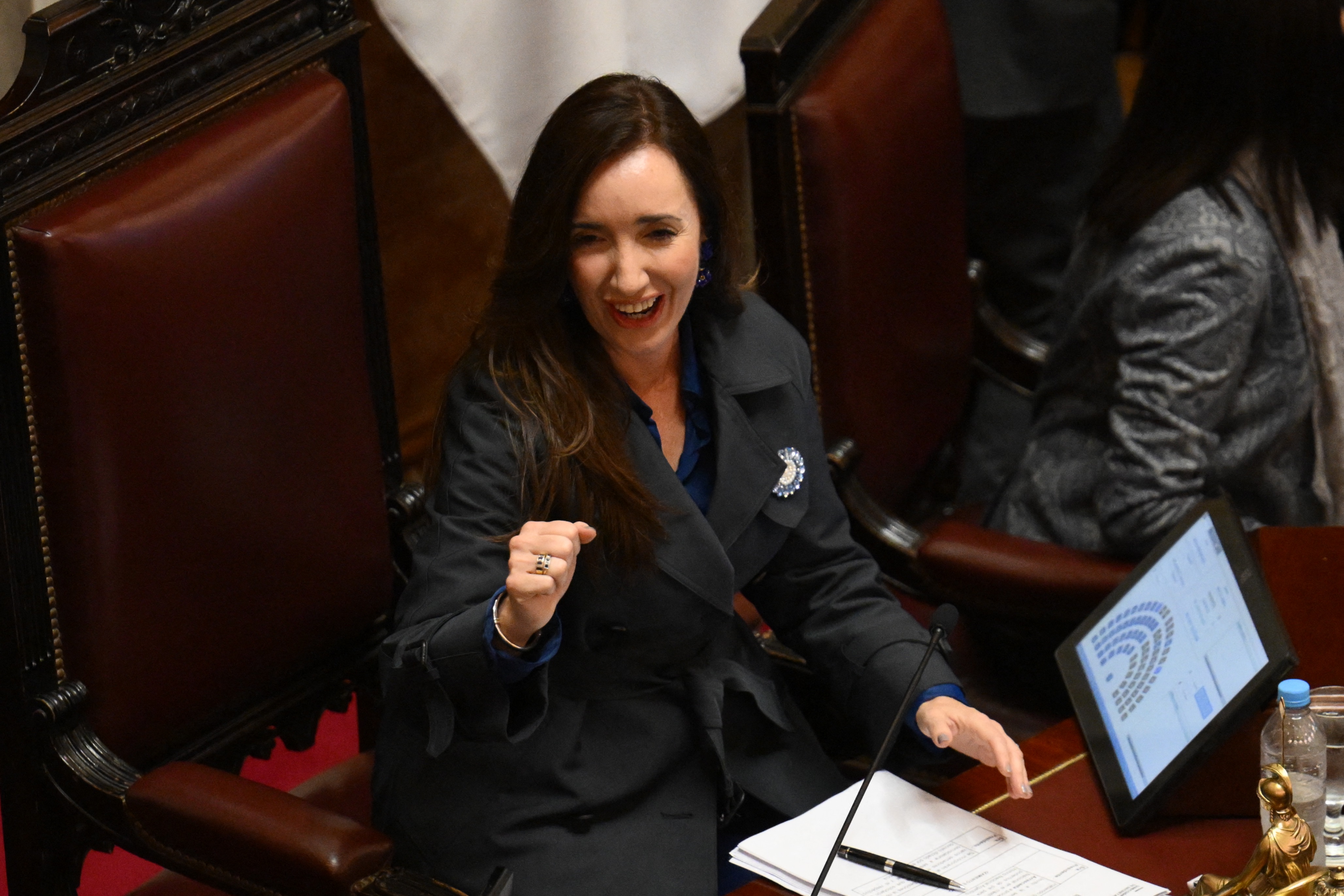Argentina's Senate Faces Pivotal Debates Amid Protests and Political Tensions
The Argentine Senate is embroiled in significant discussions this week as they tackle the controversial draft Law of Bases and Starting Points for the Freedom of Argentines, along with a critical fiscal package from the government of ultra-right-wing President Javier Milei. This legislative session, marked by strikes and demonstrations outside the National Congress in Buenos Aires, is seen as a crucial test for President Milei's administration, particularly with the flagship omnibus law still awaiting final approval six months into his term.
One pressing element of the package includes declaring a 'public emergency in administrative, economic, financial, and energy matters for a period of one year,' granting the Executive Branch the authority to legislate without Congress's input. This provision has ignited significant protests, reflecting growing public unrest.
Adding to the complexity, the opposition has called on senators to withhold quorum, further intensifying the session's atmosphere. In a tightly contested move, the necessary quorum was barely achieved, paving the way for the day's debates. Notably, Senator Martín Lousteau's attendance, despite his opposition stance, was key in reaching the quorum.
The Role of Ties and Vice-President's Decisive Vote
As the session proceeds, one of the critical procedural points is the potential for a tied vote. President Milei's trip to Italy for the G7 summit means Vice-President Victoria Villarruel could cast the deciding vote if required. However, with Villarruel acting as de facto president in Milei's absence, Bartolomé Abdala from the ruling party may step in to determine the outcome, likely in favor of the law.
The legislative intricacies go beyond just the Bases Law. The Senate also admitted documents for Supreme Court candidates, Judge Ariel Lijo and academic Manuel García-Mansilla, highlighting another front of political contention. With the government pushing for these key judicial appointments, the process will require navigating a series of formal steps, public hearings, and likely political speculation. The Executive Branch stresses the importance of these appointments for a fully functional court, especially given the demanding nature of achieving consensus among its members.
The governmental landscape is shifting, with privatization exclusions for key public companies and adjustments in pension benefits as last-minute changes to ease tensions. The government aims to secure enough votes for the law's general approval, pushing forward with detailed legislative articles amidst the challenges.
Vice-President Villarruel expressed the administration's resolve via social media, emphasizing a forward-moving agenda despite obstacles. 'Despite the difficulties, we will move forward. Everything for Argentina!' she tweeted, signaling determination in the face of adversity.
Amidst these legislative battles, the broader political environment remains tense, with the ruling party facing various opposition forces in a bid to advance their agenda and address Argentina's pressing issues.
- The legislative agenda also includes discussing the Foreign Ministry personnel lists and the promotion of military personnel, adding layers to the day's political and administrative focus.
- During the public hearing process for Supreme Court candidates, citizens will have the opportunity to submit questions and observations, a move designed to ensure transparency and public involvement in judicial appointments.
- Senator Guadalupe Tagliaferri, chair of the Agreements Commission, will play a significant role in setting the hearing date for the Court nominations, with the procedural requirements potentially opening new grounds for political maneuvering.






